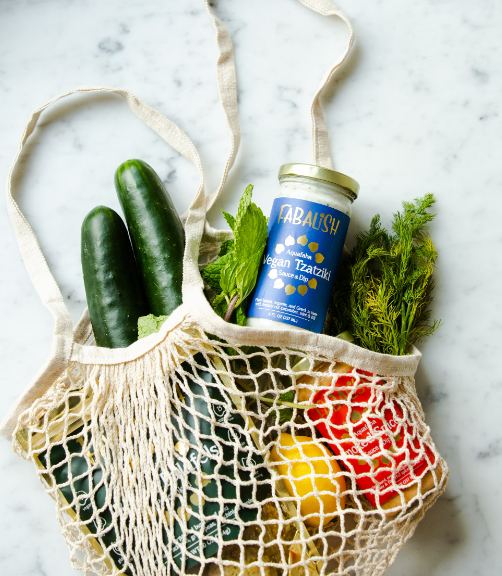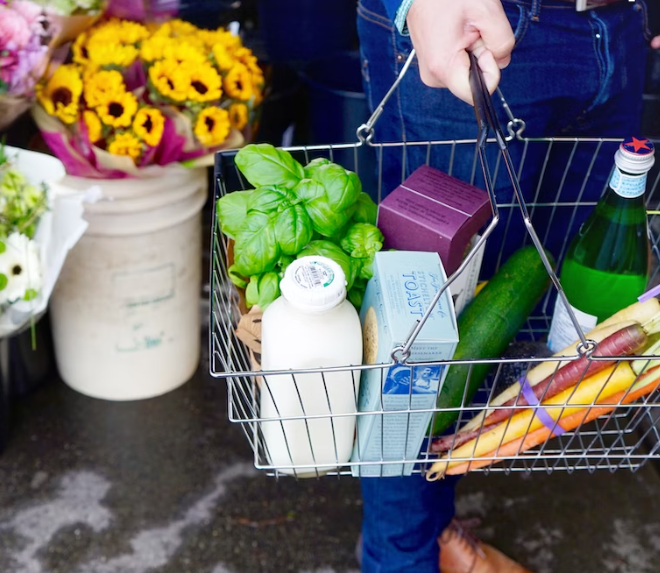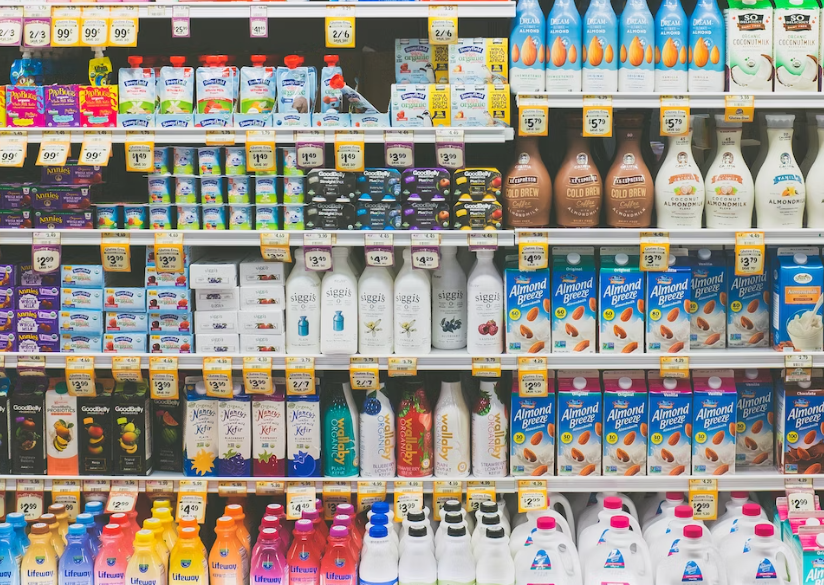Going grocery shopping on a budget can be difficult, but it’s not. With a little planning and a little creativity, you can easily save money on groceries without sacrificing quality or variety. Here are some tips to help you get started.

How to Save Money on Grocery Shopping
Buying groceries on a budget doesn’t have to be difficult. Here are some tips that can help you save money:
1. Plan meals in advance. This will help you avoid impulse purchases and stick to your budget.
2. Make a list of what you need before shopping. This will help you stay focused and avoid buying things you don’t need.
3. Compare prices between different stores. This will help you find the best price for the item you are looking for.
4. Buy in bulk whenever possible. This can help you save money on items you use frequently.
5. Use coupons and discounts whenever possible. This can help you save more money on groceries.
Coupon Tips
There are a few things you can do to make coupons easier and more effective. First, find a good coupon tailoring service. This will save you a lot of time and effort. Second, get organized. Keep track of which coupons you have and where they are for easy access. Finally, don’t be afraid to ask for help. If you’re having a hard time understanding how coupons work, there are plenty of people who will be happy to help you.

Budget Meal Plan
Let’s say you’re cooking for one or two people, here are some tips for meal planning on a budget:
1. Plan your meals based on food specials. It may seem obvious, but it’s worth repeating. Check your local grocery store for announcements and plan your meals based on this week’s promotional items. This will help you save money on groceries without compromising taste or nutrition.
2. Repurpose leftovers. Don’t waste any food! If there are leftovers for dinner, turn them into lunch the next day or freeze them for next time. You can also get creative and use leftover ingredients in different recipes. For example, if you have half a can of tomato soup, add it to a pot of chili peppers or use it as a base for pasta sauce.
3. Buy in bulk when it makes sense. Buying in bulk can be a great way to save money, but only if you know you’ll actually run out of food before it goes bad. If you’re single or live with someone whose eating habits are different from yours, it may not make sense to buy a 10-pound bag of rice. But if you have children at home or often entertain guests, buying in bulk may be a good option for you.
4. Shop at multiple stores. It’s worth it to shop around! Before you finally decide where to buy groceries, compare prices at different stores. You may find
What to Buy in Bulk
When it comes to groceries, there are items that you can save money by buying them in bulk. This is especially true if you have a large family or entertain guests frequently. Here are some of the best things to buy in bulk:- Canned food:
Canned soups, vegetables, and fruits are always great to have on hand and last for a long time. You can usually find these items on sale at your local grocery store, so it’s easy to stock up.
– Pasta and rice: These staples are very cheap and well kept. If you buy in bulk, you’ll never have to worry about running out.

– Condiments: Ketchup, mustard, and other condiments are best bought in large quantities because they don’t spoil quickly and you’ll always need them.
– Snacks: Potato chips, pretzels, and other treats are great for stockpiling because they’re easy to reach when you’re hungry and can last for a while. Also, when you buy snacks in bulk, you can usually find treats at great deals.
How to Reduce Food Waste
If you’re like most people, you probably waste a lot of food. In fact, according to the Environmental Protection Agency, the average American household throws away about 25% of the food they buy each year. A lot of money and resources were wasted.
Fortunately, there are some simple steps you can take to reduce food waste. Here are some tips:
– Plan meals in advance so you know what to buy and avoid impulse purchases.
– Make a list when shopping and stick to it. This will help you avoid buying things that you don’t need or won’t use.
– Use up all the food in your fridge and pantry before buying more. This will help prevent spoilage and save you money.
– Donate unopened or unexpired non-perishable food to your local food bank or alms.
– Compost fruits, vegetables, and other organic materials instead of throwing them in the trash. This will help reduce methane emissions from landfills and provide nutrients to your garden.